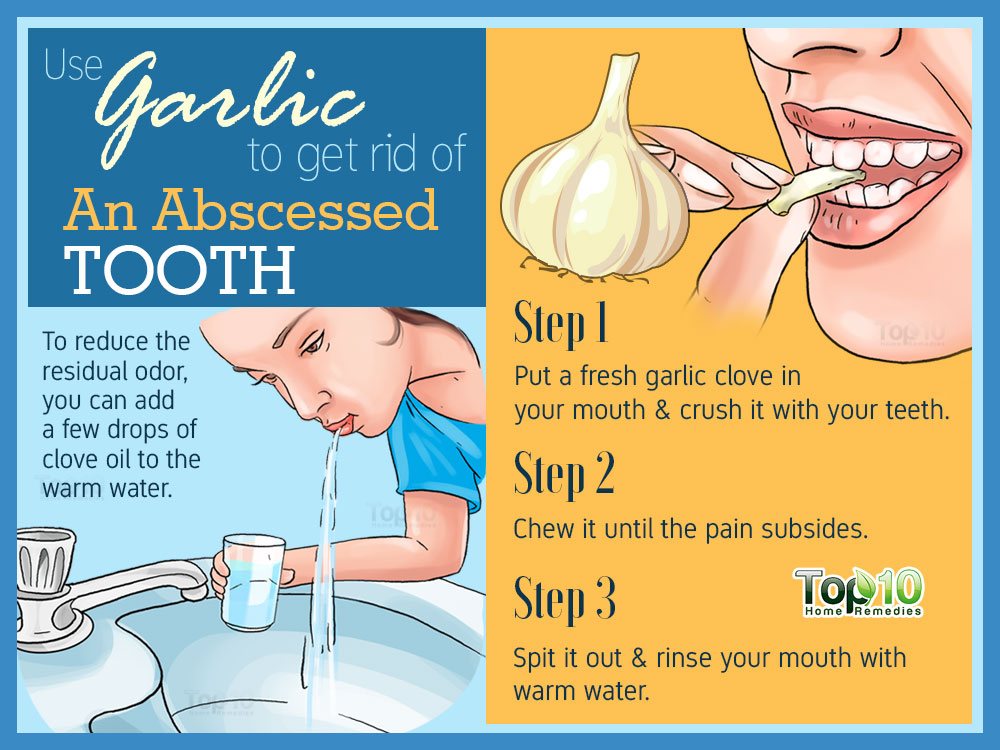What Causes Inferior Alveolar Nerve Pain? Find Relief

The inferior alveolar nerve, a vital branch of the mandibular division of the trigeminal nerve, plays a significant role in providing sensation to the lower teeth and the surrounding areas of the mouth. Damage or irritation to this nerve can lead to inferior alveolar nerve pain, a condition characterized by severe, sharp, or dull pain in the lower jaw, teeth, and sometimes the tongue. Understanding the causes of this pain is crucial for seeking appropriate relief and treatment.
Causes of Inferior Alveolar Nerve Pain
Several factors can contribute to inferior alveolar nerve pain, including:
Trauma to the Jaw: A direct blow to the chin or jaw can cause trauma to the inferior alveolar nerve. This trauma might lead to temporary or, in severe cases, permanent damage to the nerve.
Dental Procedures: Certain dental procedures, such as tooth extractions (especially wisdom teeth), dental implant placements, and root canal treatments, carry a risk of damaging the inferior alveolar nerve. The proximity of the nerve to the surgical site makes it vulnerable to injury during these procedures.
Infection or Abscess: Dental infections or abscesses can irritate the nerve, leading to pain. The infection puts pressure on the nerve and can cause significant discomfort.
Neuropathic Pain: Conditions that affect the nervous system, like multiple sclerosis or diabetes, can lead to neuropathic pain in the inferior alveolar nerve. This type of pain is usually chronic and can be challenging to manage.
Tumors or Cysts: Rarely, tumors or cysts in the jaw can compress the inferior alveolar nerve, causing pain.
Orthognathic Surgery: Surgery to correct jaw alignment can sometimes result in damage to the inferior alveolar nerve, leading to pain.
Systemic Diseases: Certain systemic diseases, such as osteoporosis or Paget’s disease, can affect the jaw and lead to inferior alveolar nerve pain.
Symptoms of Inferior Alveolar Nerve Pain
The symptoms can vary but typically include:
- Sharp or Dull Pain: Pain in the lower teeth, jaw, or tongue.
- Numbness or Tingling: Some individuals might experience numbness, tingling, or altered sensation in the affected area.
- Difficulty Eating or Speaking: The pain can make everyday activities like eating or speaking uncomfortable.
Relief and Treatment Options
Finding relief from inferior alveoral nerve pain involves addressing the underlying cause. Here are some approaches:
Medication: Over-the-counter pain relievers or prescribed medications can help manage pain and inflammation.
Dental or Surgical Intervention: If the cause is related to a dental procedure or condition, a follow-up with a dentist or oral surgeon might be necessary to correct the issue or remove the source of irritation.
Physical Therapy: In some cases, gentle exercises and physical therapy can help manage pain and promote healing.
Nerve Repair Surgery: If the nerve is severely damaged, surgical intervention might be required to repair the nerve.
Alternative Therapies: Acupuncture, massage, or other alternative therapies can provide relief for some patients by reducing pain and inflammation.
Prevention
Preventing inferior alveolar nerve pain involves careful planning and execution of dental procedures, maintaining good oral health to prevent infections, and avoiding trauma to the jaw. If you’re undergoing a dental procedure that involves the lower jaw, discuss the risks and benefits with your dentist or oral surgeon to understand how to minimize the risk of nerve damage.
Conclusion
Inferior alveolar nerve pain is a significant condition that can severely impact one’s quality of life. Understanding the causes and seeking proper medical or dental attention is crucial for managing the pain and preventing long-term damage. With the right approach to treatment and care, it’s possible to find relief and restore comfort and function to the affected area.
What are the common symptoms of inferior alveolar nerve pain?
+The common symptoms include sharp or dull pain in the lower teeth, jaw, or tongue, numbness, tingling, or altered sensation in the affected area, and difficulty eating or speaking due to the pain.
Can inferior alveolar nerve pain be prevented?
+While not all cases can be prevented, careful planning and execution of dental procedures, maintaining good oral health to prevent infections, and avoiding trauma to the jaw can minimize the risk.
How is inferior alveolar nerve pain typically treated?
+Treatment varies depending on the cause but can include medication for pain and inflammation, dental or surgical intervention to address the underlying issue, physical therapy, and in severe cases, nerve repair surgery.
In dealing with inferior alveolar nerve pain, it’s essential to approach the condition with a comprehensive understanding of its causes and symptoms, and to seek professional help to find the most appropriate relief and treatment options.


